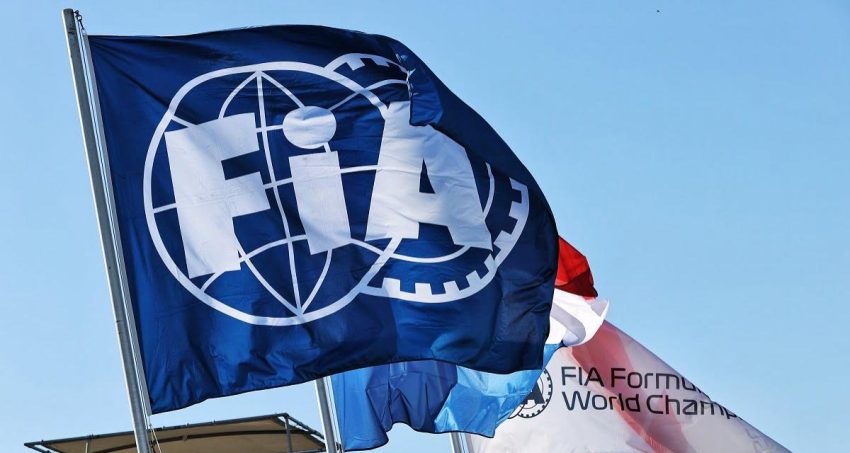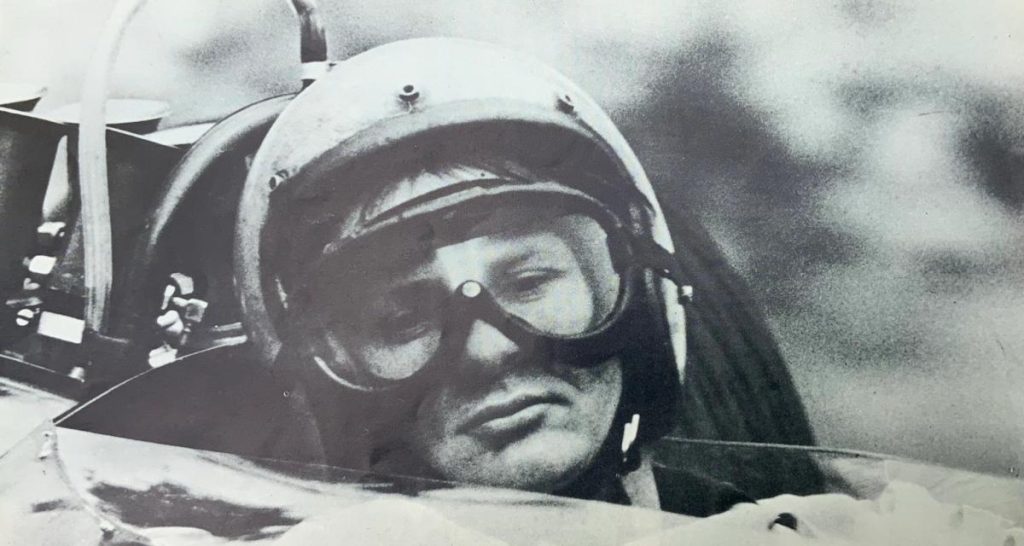It had been a hot topic in the paddock for several weeks, as rumors swirled about possible new breaches, but the FIA has made up its mind and delivered its verdict: All 10 Formula 1 teams managed to meet the cost cap, which for 2022 has been set at $140 million. This announcement is also irrevocable, no team can complain about the result of the FIA audits, especially since, unlike cases of sporting offenses or racing incidents, the FIA does not have to reveal to the teams the confidential financial data from their peers.
Avoid a repeat of 2021
Teams are required to submit accounts of their annual expenditure against the cost cap for the year by the following March. Introduced at the start of the 2021 season with the aim of limiting expenditure and ensuring the long-term viability of the championship, the financial regulations had been tested since last year, when Williams and Aston Martin, for “breach of procedure”, and especially Red Bull, responsible for a “breach of procedure and a minor financial overrun (less than 5% of the cost ceiling)” had been pinned.
As a result, Williams and Aston Martin were handed financial penalties, Red Bull was fined more heavily and its wind tunnel test allowance reduced by 10%, a penalty considered by many to be lenient and derisory. other directors. Frédéric Vasseur, Ferrari team manager, recently called the sanctions imposed on Red Bull a “big joke”.
The stakes were high this year, because it is viability and trust within the budget ceiling that were in the balance. Some feared that many teams had been tempted to exceed the limits, not fearing much following the sanctions for Red Bull considered lenient and which would have set precedents, when others had expressed fears about the ability of the teams to contain their expenses and to stay within the nails in an inflationary environment.
Reinforced control procedures
Following the submissions for 2022, the FIA reviewed all reporting documents submitted by each of the 10 teams and then issued certificates of compliance to all. Compared to the first year of the survey, the FIA has increased the human resources allocated to checks, reinforced checkpoints, contacts and questions with the teams. “In addition, all non-F1 related activities undertaken by the teams were subject to extensive vetting, which included multiple on-site visits to team facilities and careful audit procedures to assess compliance. to the financial regulations.
A reliable verdict?
Despite this satisfaction from the FIA, suspicions will not fall so easily, quite simply because they are inherent in the ultra-competitive framework of F1 and its history, punctuated by cheating, shenanigans, bends in the rules and behind-the-scenes arrangements (remember the secret agreement between Ferrari and the FIA on the engine at the end of 2019). Some will say that the teams have learned better to cheat and make their writings lie, others will say that the FIA closes its eyes so as not to be discredited again, while the teams continue to suspect each other in a latent psychological war. The domination of Red Bull this year, despite the sanctions, thus fuels doubts about the conformity of the single-seater.
The example of special departments
As an example of this permanent surveillance and the cat-and-mouse game that can ensue, the FIA had to legislate this year on the thorny issue of “special project departments”, which are not officially linked to F1 but that could be mobilized in a roundabout way. The FIA has fixed a potential loophole in the Formula 1 Financial Regulations to prevent teams from using staff outside of spending restrictions.
In recent years, many teams have allocated highly qualified personnel to work on separate technical projects, in order to exploit the experience gained in Formula 1 and export it. Red Bull has an Advanced Technology subsidiary, McLaren has Applied Technologies, Mercedes has developed Applied Science and Aston Martin has a Performance Technologies department. All of these divisions have worked on either road car projects, such as the Valkyrie for Red Bull at the time of the partnership with Aston Martin, or sailing in the America’s Cup, Adrian Newey’s hobbyhorse or in mobility.
Suspicions have arisen about the possibility of using these projects to develop their F1 programs in a disguised way without this being taken into account within the framework of the budgetary ceiling, the transfers of knowledge being “free” internally between the departments and their connecting teams. The FIA thus reacted at the beginning of the year via a technical directive which recently entered into force, in which it is formally stipulated that the teams would not be authorized to transfer elements of intellectual property from projects carried out outside their F1 activities. without being subject to the budget ceiling.



